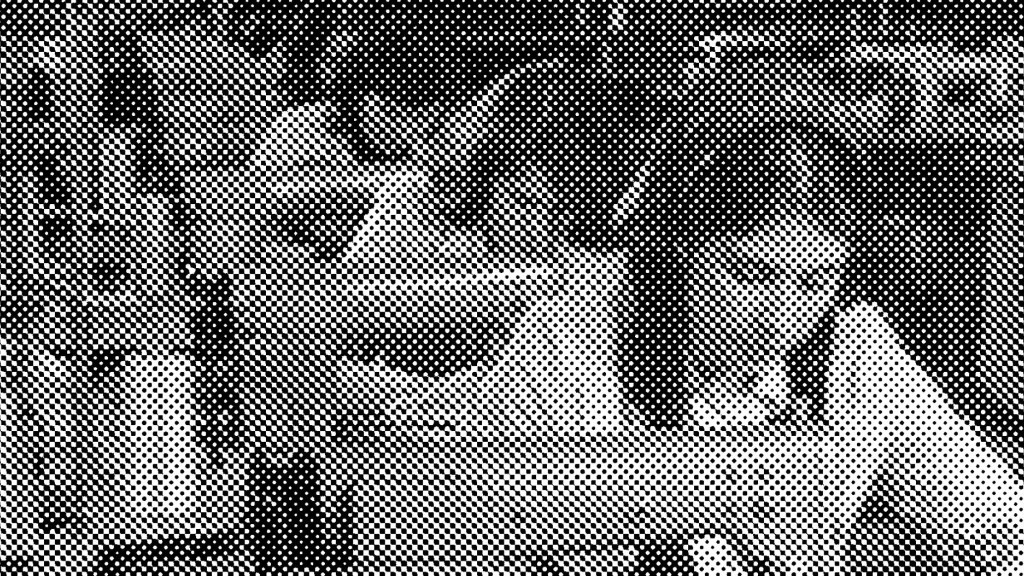- Program
- /
- Left Side Stories
- /
- KARA KAFA
KARA KAFA
Followed by a talk with Korhan Yurtsever
We celebrate the German premiere of the film Kara Kafa (Black Head) from 1979 in presence of director Korhan Yurtsever.
Kara Kafa tells of the increasingly hopeless situation of the Turkish metalworker Cafer, who is bringing his family from the Turkish village to Germany. Cafer is convinced that Germany is the land of opportunity and will save the family from poverty. In his view, all migrants who work in Germany should be grateful and obedient to their work without complaining. He does not like the clubs, trade unions and meetings attended by many of his friends and also by his wife Hacer. Hacer is involved in the women's movement. She changes outwardly and mentally. Her eldest son is lonely and wanders aimlessly through the streets of the city while the daughter has to stay home to look after her newborn brother. As the song in the end of the film suggests, the fate of the working-class family lies in their own hands: "If we do not stand up, our misery will not end!"
Kara Kafa was immediately banned after its completion by the then censorship committee in Turkey, for the reason that the film violated "the honor of Germany, the befriended nation". The world premiere of the film took place therefore only in 2011 with 32 years delay at the film festival in Antalya. Kara Kafa stands out among other examples of the German-Turkish migration cinema for its left-wing view of migration and its open social criticism.
Korhan Yurtsever, born in Istanbul, has worked since a young age as a cutter in the his uncle's studio. His feature film Fıratın Cinleri from 1978 won several prizes, including the prize from the jury of San Remo festival. After a personal invitation from the major of Berlin he started shooting Kara Kafa in Berlin, in the Ruhr area and in Turkey. After his movie was banned, he stayed in Germany for a couple of years, before he returned to Turkey, where he continued working as a director, mostly for promotional films.
